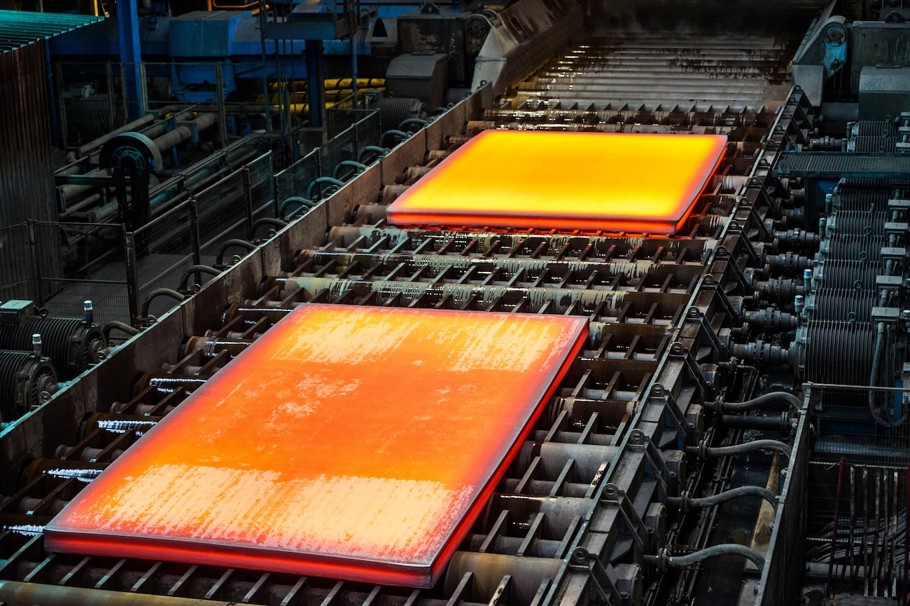Canada
May 15, 2024
Canada considers standard pipe duties in expiry review
Written by Laura Miller
The Canada Border Services Agency (CBSA) has completed its portion of an expiry review of the antidumping duty orders on welded standard pipe from Pakistan, the Philippines, Turkey, and Vietnam.
An expiry review in Canada is the equivalent of a sunset review in the US. As required by international law, the reviews are conducted every five years to determine whether conditions have changed to warrant the expiration, or sunset, of import duties.
CBSA, like the US Department of Commerce’s International Trade Administration in US trade cases, determines whether the expiry of the duties is likely to result in the continuation or resumption of dumping.
In this particular case, the duties being considered apply to certain carbon steel welded pipe (aka standard pipe) with outside diameters from 0.5 inches to 6 inches. Water well casing, piling pipe, sprinkler pipe, and fencing pipe are included, but line pipe for oil and gas applications is excluded.
At present, most exporters shipping standard pipe to Canada would be subject to duties of 45.8% for Turkey, 54.2% for Vietnam, and 66.8% for Pakistan and the Philippines.
CBSA found that dumping would continue or resume if the duties were allowed to expire. It will issue its reasonings for the determination by the end of this month.
The Canadian International Trade Tribunal (CITT) will now finish its portion of the expiry review. The CITT acts similarly to the International Trade Commission (ITC) in US cases, determining whether the domestic industry would be injured if the duties were discontinued. It will issue its final decision in this case in mid-October.







